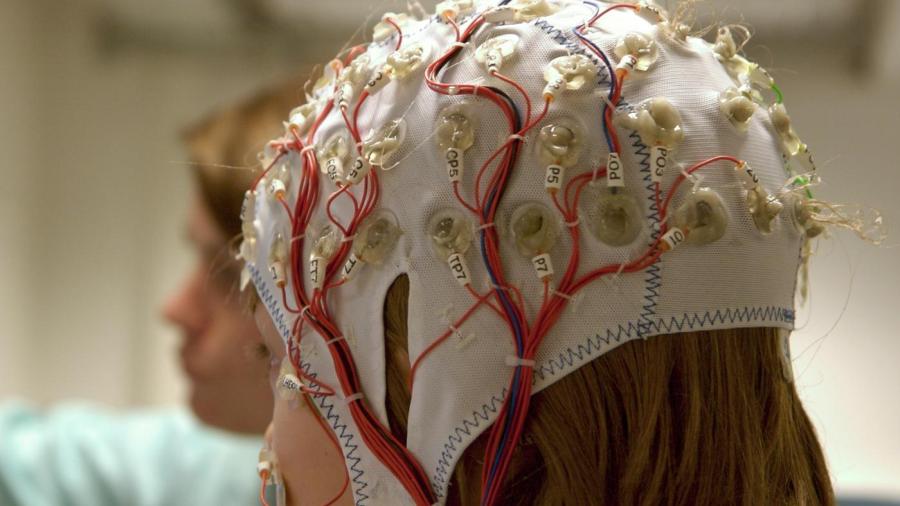What Is the Definition of “pseudo-Psychology”?

Pseudo-psychology is a field that purports to be a branch of psychological study but for which the ideas either have not been empirically challenged or do not stand up to traditional scientific testing. Pseudo-psychology falls under the umbrella of pseudo-science.
Signs that a field can be classified as pseudo-psychology include a heavy reliance on technology and the frequent use of technology rather than logic to justify claims. Questionable methods for obtaining data and reaching conclusions is another sign of a pseudo-science. Finally, reductionism or over-simplifying information or conclusions is also a red flag.
Pseudo-psychology is a field that is often over-hyped by media outlets that use questionable or untested findings to justify a claim being made in news stories. True psychological study requires researchers to consider more than one avenue when determining answers; which generally leads to the expansion of information and ideas.
Psychologists are frustrated by the trust the general public has in many pseudo-psychological fields. Phrenology is an example of a pseudo-psychological practice that linked the study of the bumps on the head to a person’s personality. Phrenology is considered a pseudo-science because it is based on a set of assumptions that are not only untested but untestable.





